
 The SFFaudio Podcast #342 – Jesse, Paul Weimer, and David Stifel discuss the audiobook of Beyond Thirty by Edgar Rice Burroughs (narrated by David Stifel)
The SFFaudio Podcast #342 – Jesse, Paul Weimer, and David Stifel discuss the audiobook of Beyond Thirty by Edgar Rice Burroughs (narrated by David Stifel)
Talked about on today’s show:
All-Around Magazine, 1916, a peek into 1916s subconscious, not even really a novel, a future history, reading the dispatches from the Western Front, mechanized war, how WWI was affecting consciousness, spiraling into barbarism, J.R.R. Tolkien, L. Ron Hubbard’s Final Blackout, Genesis Of The Daleks, a simple plot, a very relaxing book, a mediation, what is Burroughs’ conclusion?, boringly peaceful, excruciatingly peaceful, an American Libertarian utopia, the corrupting influence of civilization, Europe has blown itself back to the stone age, the Lusitania, the Spanish American War, Cuba, the Philippines, 175 east, 30 west, the Monroe doctrine, the Zimmerman Telegram, a moment of the American psyche captured in time, 1913-1921, push pull of expansionism and isolationism, the Japanese are the British of Asia, the Japan Russia war, the story of Pearl Harbor before Pearl Harbor, the cruiser Maine explosion, Yellow Journalism, “Screw Spain and Remember the Maine”, the novel’s premise is kind of crazy and yet…, Crime Think, historical precedent, Zheng He’s treasure ships, China, Japan, Korea, the Hermit Kingdom, Perry, global village, provincialism, American policy on Cuba, taboos end, we’ve bought into the premise, tigers and lions in England, tigers in Africa, Simba the Lioness (nee the Tigress), the Tigers and Lions and Elephants of London, the African veldt in England, a setting for a planetary romance, Beyond The Farthest Star, Caspak, Tarzan, the Mars and Venus books, the gravity shield, the airship/submarines, the narrator is extremely naive, a sequel that wasn’t written, hanging threads, being a slave, Burroughs’ subconscious is all over the page, the U.S. Civil War, Birth Of A Nation, some of the racism, they are essentially the Romans, the Asian empire, the Yellow Peril and the Black Menace, all the white women sent off to the evil emperor’s harem, what did we think of Queen Victory?, more spunk than Deja Thoris, John Carter (2012), the Tharks, a flea jumping around, we could have a Woola sequel, a Minion movie, the Ralph Bakshi Lord Of The Rings, The Hobbit and The Lord Of The Rings in a week, Beyond Thirty would make a good comic book, the literacy of the Abyssinian, our hero is from Arizona, Beyond 175 would be the sequel, recolonizing England as a sequel?, “chastened and forgiven Europe”, Buckingham the Brute, they don’t even have fathers any more, 200 years of devolution, the sunken depths, “it may as well as have been nuked”, “stay out of this mess, Europe is doomed”, died at his desk, tigers and lions sitting on the throne, “Burroughs not a symbolism guy he’s a Roddenberry guy”, the two Gene Roddenberry pilots from the 1970s, Andromeda, Planet Earth, Genesis 2, the DVDs, the Earth is going to be fine, lamenting the lack of war, worried about footpads, remember Teddy Roosevelt, Bully!, manly escapades, a pan-American peace, target practice, Voltaire’s Candide, “that Volatire guy”, Manifest Destiny and the American Wild West, Europe as the new frontier, he’s the new Columbus, interesting animals, everyone in Pan-America speaks Pan-Am (English), the cultural memory loss in Europe and the language gain in South America is kind of suspicious, Hispanic names, homogenization, L. Sprague deCamp’s Viagens Interplanetarias, Brazilian Portuguese, Aurora by Kim Stanley Robinson, Firefly, a hidden history, a constriction, that’s my head cannon (?), antelopes all over Europe, just Africa transported north, a very relaxing book, enjoying Burroughs like a vacation, not a lot a depth, very little symbolism, its fun, Greystoke: The Legend of Tarzan, Lord Of The Apes, David is speaking with the Burroughs estate, running out of public domain Burroughs, a huge stockpile of Burroughs still under copyright, not counting the mundane worlds of Edgar Rice Burroughs, 1923-1949, the Caspak series, Amtor, he built himself a rocketship, the Venus series, a tropical rainforest, a sidebar, S.M. Stirling’s re-imagining of the Mars and Venus books, red-striped tigers, bird-people, and a beautiful princess, it’s his thing, this romance thing, The Outlaw Of Torn, his take on the Three Musketeers, brute strength and manly men, Under The Moons Of Mars, from the early 1930s, Pirates Of Venus, Lost On Venus, like the first three Mars books.


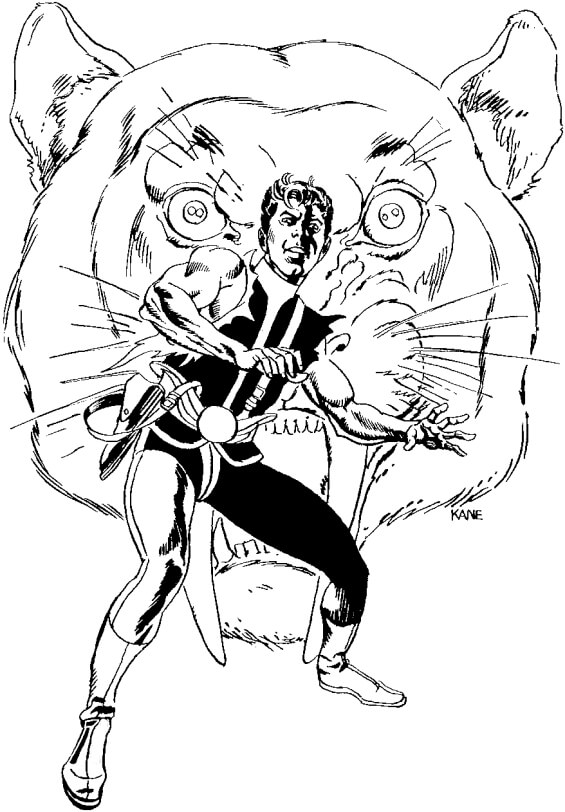
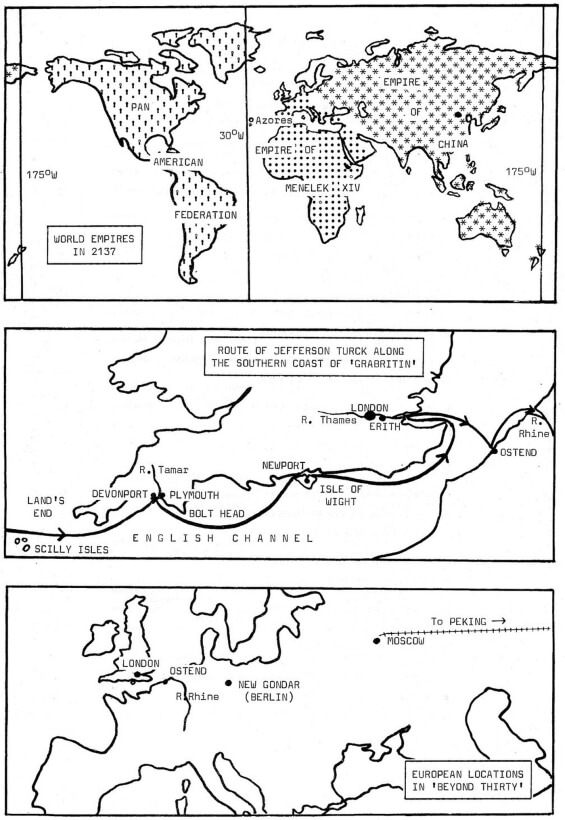
Posted by Jesse Willis

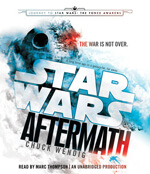 Aftermath: Star Wars (Journey to Star Wars: The Force Awakens)
Aftermath: Star Wars (Journey to Star Wars: The Force Awakens)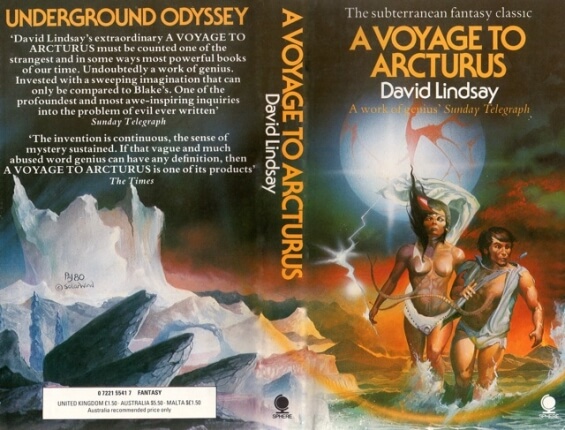
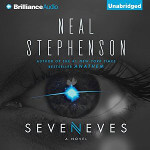 Seveneves
Seveneves 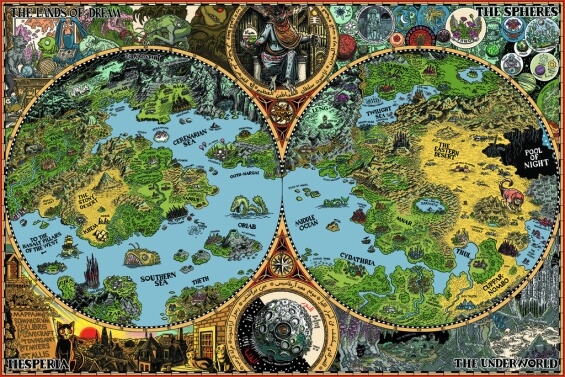
 The Martian
The Martian